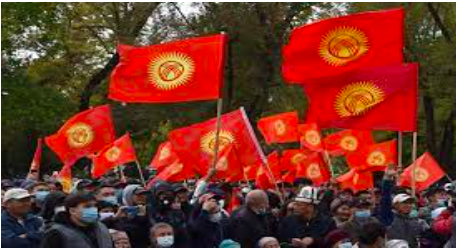International Court of Justice
Posted on : August 19, 2019Author : AGA Admin

The International Court of Justice (ICJ) is the main judicial tribunal of the United Nations, to which all member states are parties. It is often informally referred to as the World Court. The creation of the Court represented the culmination of a long process of developing methods for the pacific settlement of international disputes, the origins of which can be traced back to classical times. The ICJ was established in 1946 by the United Nations (Statute of the International Court of Justice [ICJ Statute], June 26, 1945, 59 Stat. 1055, 3 Bevans 1179). It replaced the former Permanent Court of International Justice(PCIJ), which had operated in The Hague, Netherlands, since 1922. Like its predecessor, the headquarters of the ICJ is also located in the Peace Palace at The Hague. The ICJ is made up of 15 jurists from different countries. The court’s composition is quantitatively static but generally includes jurists from diverse cultures. The principal function of the ICJ is to resolve disputes between sovereign states which might be placed before the court by parties following conditions prescribed by the U.N. Security Council. No state, however, may be subject to the jurisdiction of the court without the state’s consent which may be given by express agreement at the time of presenting the dispute to the court, by prior agreement to accept the jurisdiction of the court in particular categories of cases, or by treaty provisions governing resolution of the disputes. Under the ICJ Statute, it must decide cases in accordance with international law. This means that the ICJ must abide by (a) international conventions and treaties; (b) international custom; (3) general principles recognized as law by civilized nations; and (4) judicial decisions and the teachings of highly qualified publicists of the various nations. One common category of conflict presented to the ICJ is Treaty interpretation. In these cases the ICJ is asked to resolve disagreements over the meaning and application of terms in treaties entered into by two or more countries. Other cases range from nuclear testing and water boundary disputes to conflicts over the military presence of a foreign country. Down the years the ICJ has been maligned for the inconsistency of its decisions and its lack of real enforcement power. Nonetheless ICJ’s ambitious mission to resolve disputes between sovereign nations makes it a valuable source of support for countries in times of inter-nation dispute and crises.




